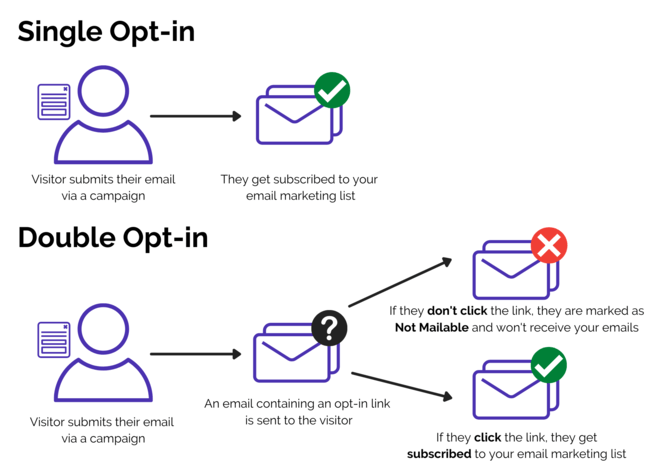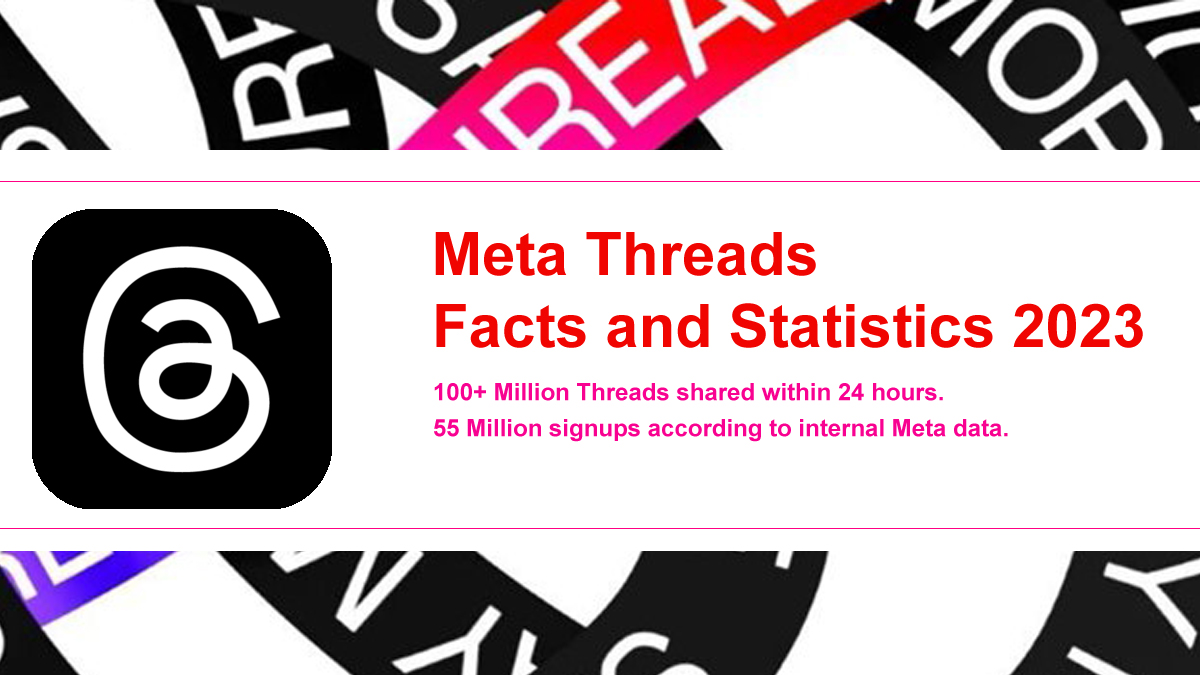The Do's and Don'ts of Purchasing Email Lists for B2B Lead Generation
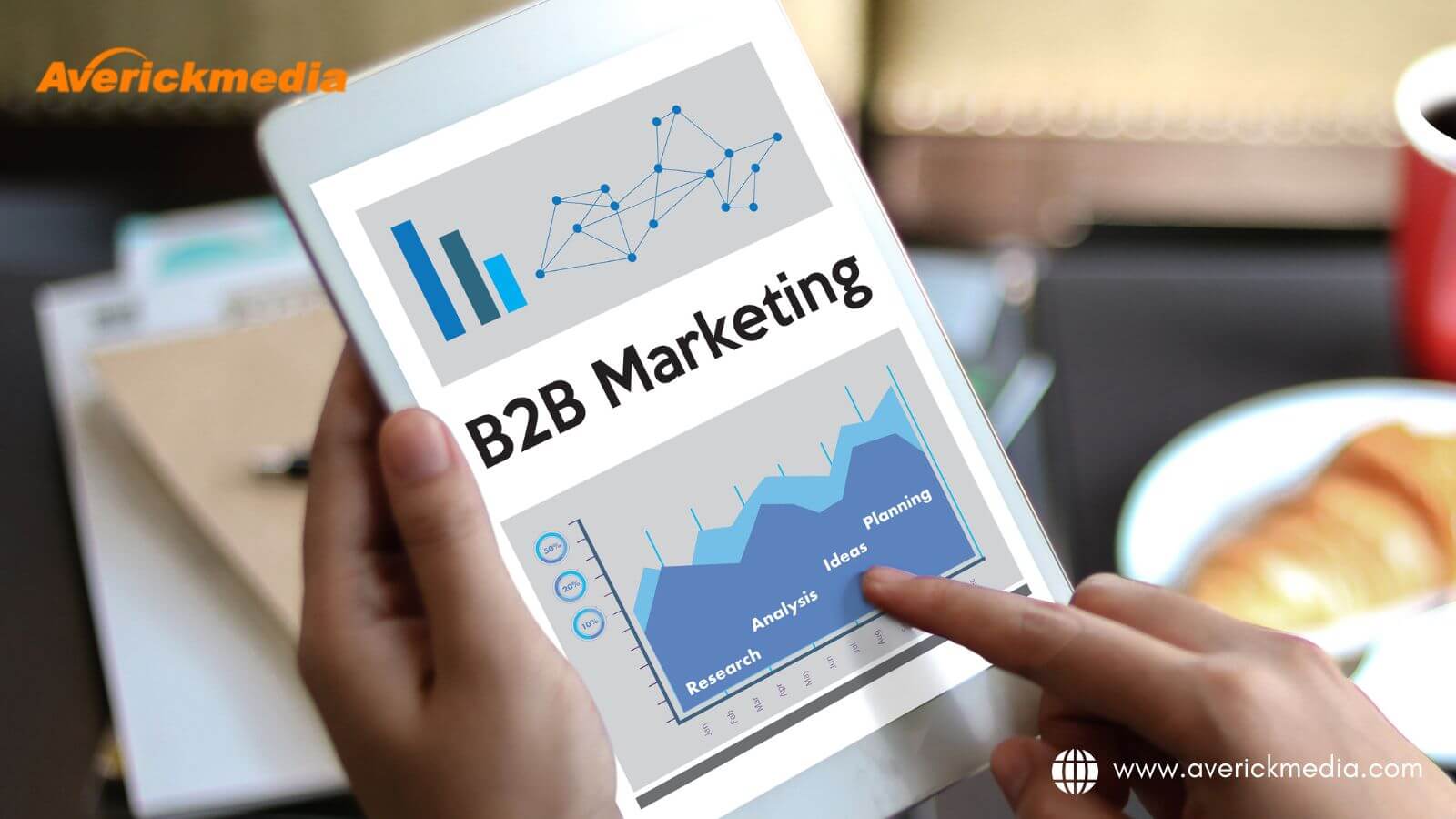
In B2B sales and marketing, prospecting poses the initial and often formidable challenge. Building a solid list of leads is vital for effective sales, but the process can be time-consuming, yielding outdated or less useful contact information.
The thought of buying lead lists often arises as a time-saving solution. However, for 54% of B2B businesses, data quality remains a significant hurdle to marketing success. Not all lead lists are equal, and a wrong purchase can waste time, budget, and harm your brand's reputation. So what are the do's and don'ts of purchasing a b2b email list? Let's find out.
But First, What Is A B2b Email List?
A B2B (business-to-business) email list is a compilation of contact details, typically email addresses, belonging to individuals or professionals associated with various businesses. These lists are curated for the purpose of targeted marketing and communication between one business and another. B2B email lists play a crucial role in facilitating outreach efforts, such as email marketing campaigns, lead generation, and establishing connections within a specific industry or sector.
These lists often include key decision-makers, influencers, or individuals relevant to a particular business domain. The information in a B2B email list can extend beyond email addresses to include details such as names, job titles, company names, and other pertinent information, providing businesses with a means to reach out to specific segments of their target audience for promotional or business-related purposes.
Recent Marketing Articles
- Sales in the Modern Era: The Role of Data in Crafting Effective Marketing Plans
- Why Job Title Targeting is Your Secret Weapon for Sales Success
- Connecting with Care: Reaching Busy Healthcare Professionals with a Winning Mailing List Strategy
- Transform Your Contractor Marketing with These Simple Yet Effective Tips
- Score More Clients: Best 10 Tried-and-True Lead Generation Tips for Lawyers
- Top 10 Female Entrepreneurs Changing the Face of Healthcare
- An Inside Look at Meta Threads: Statistics and Insights for 2023
- Comprehensive Guide to Types of Sales Channels and Selling Your Product Successfully
- The Importance of a Targeted Biotechnology Industry Email List
- Generate Business Sales Leads With These Tips
- Best Healthcare Email Lists Providers
- The Only CPA Marketing Guide You'll Need
What Is The Need For A B2B Lead List?
The need for a B2B lead list arises from its pivotal role in kickstarting the lead generation process for marketers and salespeople. This list serves as a targeted compilation of accurate contact details, including email addresses and cell phone numbers, essential for sparking customer interest and generating inquiries about a product or service.
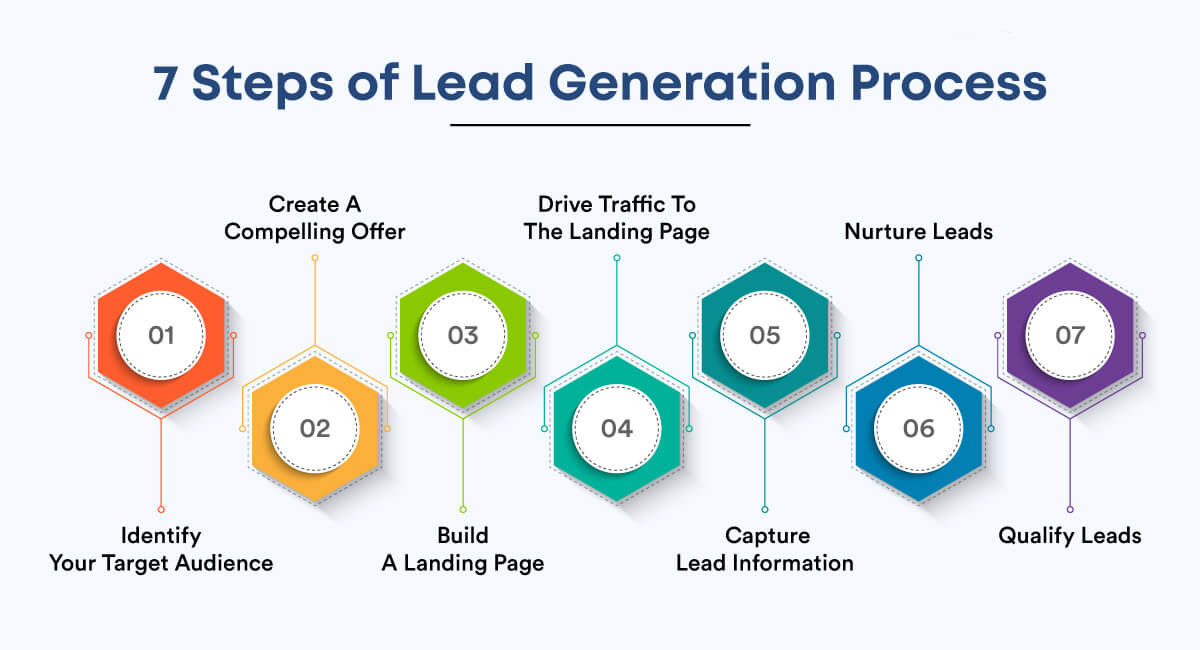
Source: softwaresuggest
The mechanism involves collecting relevant data and consolidating it into a comprehensive list. Subsequently, this list becomes a valuable resource for the sales team, empowering them to reach out to potential clients. In essence, B2B lead lists function as expansive contact directories, serving as the foundation for outreach efforts through methods such as cold emails or cold calls. They play a critical role in facilitating direct communication and increasing the chances of successfully selling a product or service.
The Do's and Don'ts of Purchasing Email Lists
Let’s start with the things you need to do when buying a B2B email list.
1. Research reputable vendors

Ensure you purchase B2B leads from a reputable and dependable provider. Take the time to scrutinize their website and request references to confirm their legitimacy and track record of providing top-notch data. Established providers prioritize data security, implementing stringent measures to safeguard the information they handle. This not only protects your business's interests but also ensures the sensitive data of individuals on the list is handled with the utmost care.
2. Find providers that offer comprehensive and nuanced Segmentation options for audience selection
Before acquiring a B2B mailing list, it's imperative to craft an Ideal Customer Profile (ICP). This involves a thorough examination of demographic, firmographic, and behavioral aspects to construct a detailed profile. This profile serves as a strategic guide, directing your marketing and sales endeavors towards a more targeted and effective approach.
After you are done with identifying your ICP, pinpoint the precise data elements critical to your business, and confirm that the provider can furnish this information. Examples encompass but aren't limited to company size, industry, geographical location, job title, years of experience, SIC/NACIS code, licensing information, and additional relevant details tailored to your specific needs.
3. Ensure Privacy-compliance
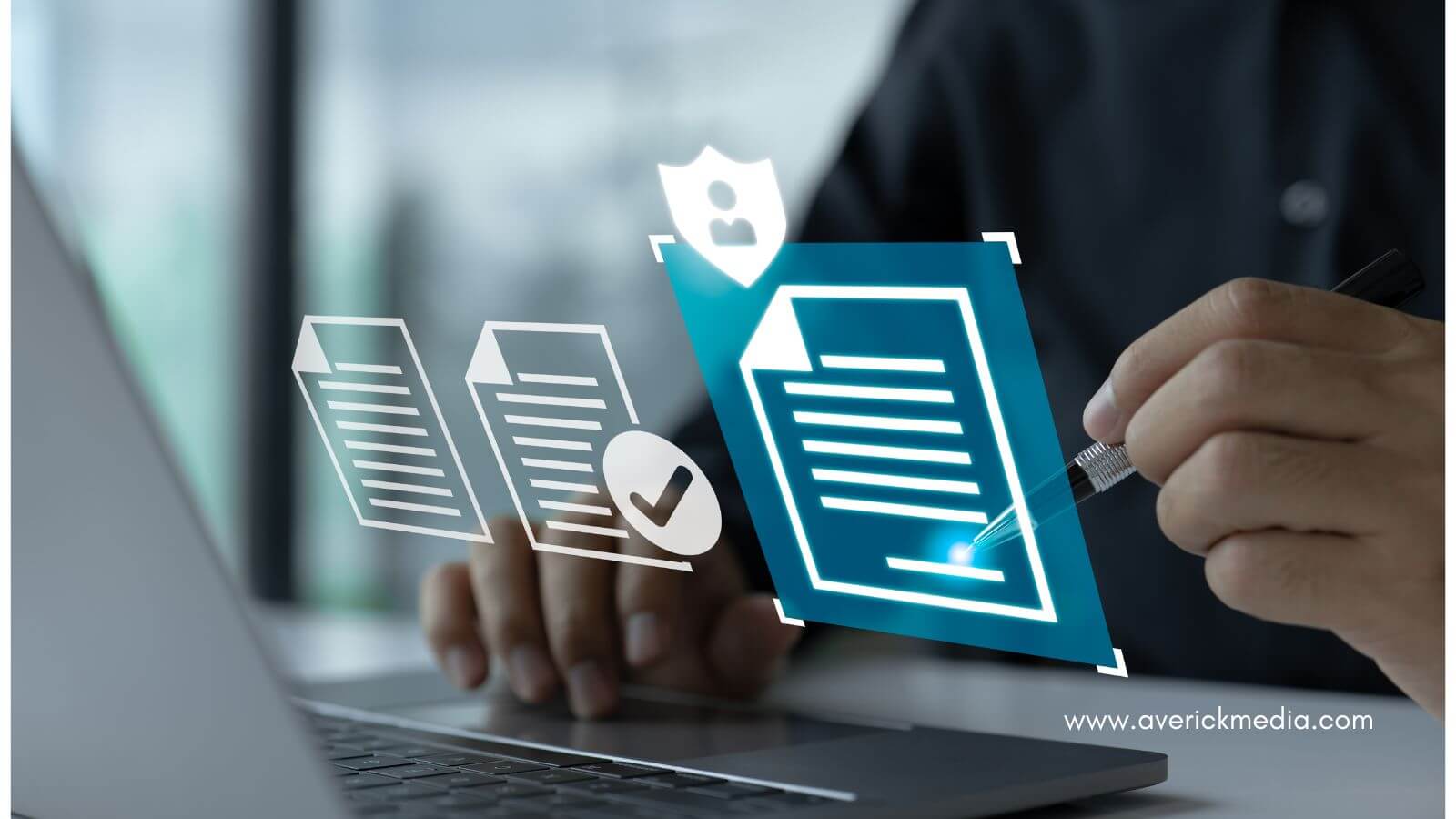
When sourcing B2B data, choose reputable providers with a track record of privacy compliance. Conduct thorough research, read reviews, and request information on their data security measures.
Why Privacy Compliance Matters?
As businesses navigate the complexities of acquiring and utilizing data, prioritizing privacy safeguards not only protects your organization but also upholds ethical standards. Complying with privacy regulations, such as GDPR and CAN-SPAM Act, is not just a best practice but a legal requirement. Failure to adhere to these regulations can result in severe penalties and damage to your business reputation. It also helps build trust with your audience by safeguarding their sensitive information, enhancing your brand's reputation.
4. Optimize for quality over quantity

The emphasis here is not on amassing an extensive list of leads but on curating a select, high-quality group that aligns seamlessly with your business objectives.
The pursuit of quality over quantity in lead optimization centers around a strategic and discerning approach. Rather than casting a wide net and accumulating a vast number of leads, the focus is on precision. This involves identifying and targeting leads that exhibit a genuine interest in your product or service, aligning closely with your ideal customer profile.
The rationale behind this approach is multifaceted. A meticulously curated list ensures that your outreach efforts are directed towards individuals or businesses more likely to convert. It's about fostering meaningful connections and engagement rather than inundating a broader audience with generic messaging.
5. Request a sample to verify the data
Accuracy holds the utmost significance when acquiring data. It's imperative to verify the accuracy and currency of the data you intend to purchase. Engage with the provider to understand the origins of their data and the frequency of list updates, guaranteeing you access to the latest and most precise information. Trustworthy data suppliers readily offer sample data for your scrutiny, reinforcing their commitment to delivering accurate and up-to-date information.
Industry-Specific Email Lists
What You Must Avoid – The Don’ts
6. Avoiding generic or outdated lists
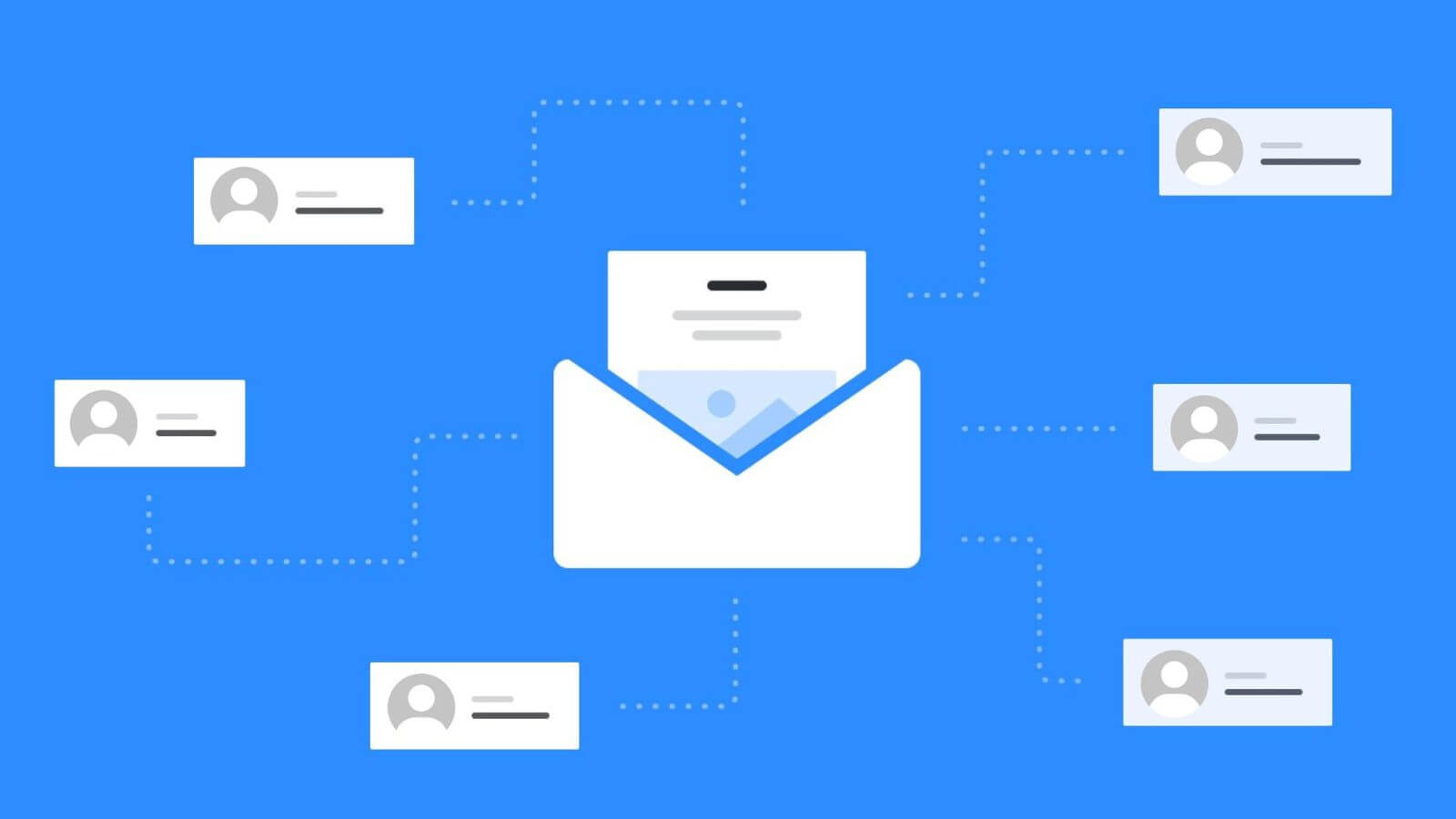
Source: mailerlite
Data rapidly becomes outdated, with an estimated 70% of companies experiencing data decay annually. This natural process, exacerbated by poor data hygiene practices or sourcing lower-quality contact data, results in B2B data decay. Consequences encompass inaccurate, incomplete, and outdated email addresses, potentially squandering up to 70% of an organization's prospecting endeavors.
Choosing generic B2B lists can lead to pitfalls, including irrelevant leads, wasted resources, and diminished campaign effectiveness. Generic lists lack the specificity needed for targeted outreach, risking poor engagement. Opting for tailored lists aligned with your ideal customer profile minimizes these pitfalls, optimizing your efforts for successful outcomes.
7. Steer clear of low-cost or free options
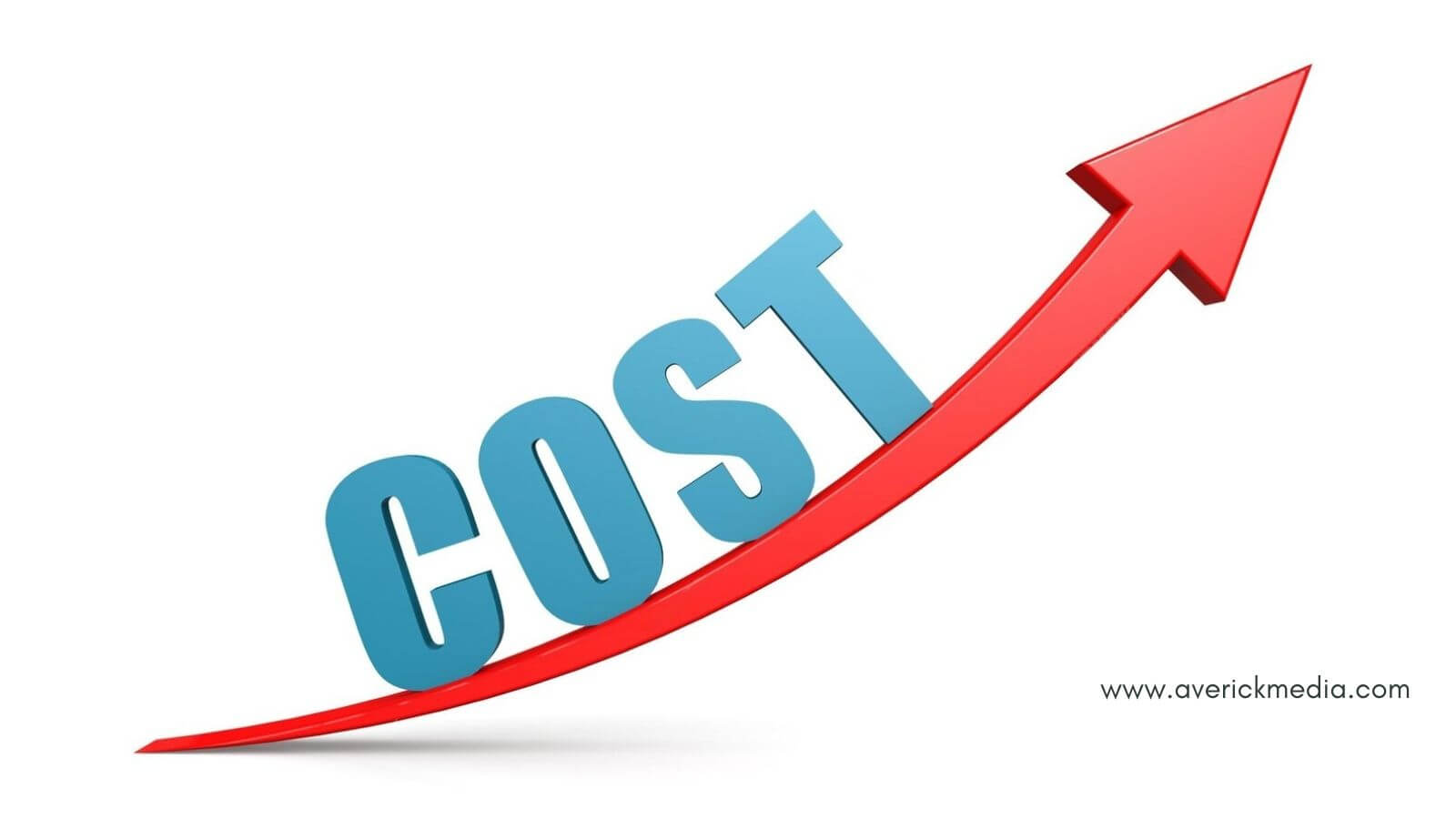
When contemplating the purchase of B2B lead lists, many companies are often drawn straight to the bottom line – the allure of cost savings. However, yielding to this temptation may invoke the age-old adage: you get what you pay for.
Opting for low-cost solutions risks exposing your business to poor-quality data, potentially resulting in wasted time, money, and detrimental effects on your reputation. Conversely, choosing to invest in high-quality data can provide a distinct competitive advantage and yield tangible business outcomes.
Therefore, instead of fixating solely on the price tag, it is essential to exercise caution. Prioritize the evaluation of lead generation agencies and lead lists based on their quality and relevance to your target audience. This strategic approach ensures that your investment not only aligns with your budget but also contributes to the long-term success and positive perception of your business.
8. Skip lists with no clear opt-in process
Avoid engaging with lists lacking a transparent opt-in process. These lists often lack permission-based consent, increasing the risk of non-compliance with data protection regulations. Without a clear opt-in mechanism, your outreach efforts may face challenges in building trust and rapport with potential leads. Opting for lists with a well-defined opt-in process ensures that your communication is welcomed, promoting ethical engagement and reducing the likelihood of being marked as spam. This strategic approach aligns with best practices, fostering positive interactions with your target audience.
9. Do not purchase lists from providers that rely on second and third-party data sources
There are four distinct sources for data collection. First, there's zero-party data, where consumers willingly share their personal information. Then, there's first-party data, collected by a company based on consumers' direct actions. Second-party data involves partners or sellers sharing their first-party data, while third-party data is collected by aggregators from various unaffiliated sources.
While zero-party and first-party data are optimal for crafting high-quality B2B email lists, gaining direct access to consumers can be challenging. This prompts data providers to often resort to second or third-party data sources, mining public and external repositories for efficiency. To navigate this complexity, a savvy approach is partnering with diverse data providers specializing in various consumer data types.
10. Don't forget to inquire about their data hygiene practices
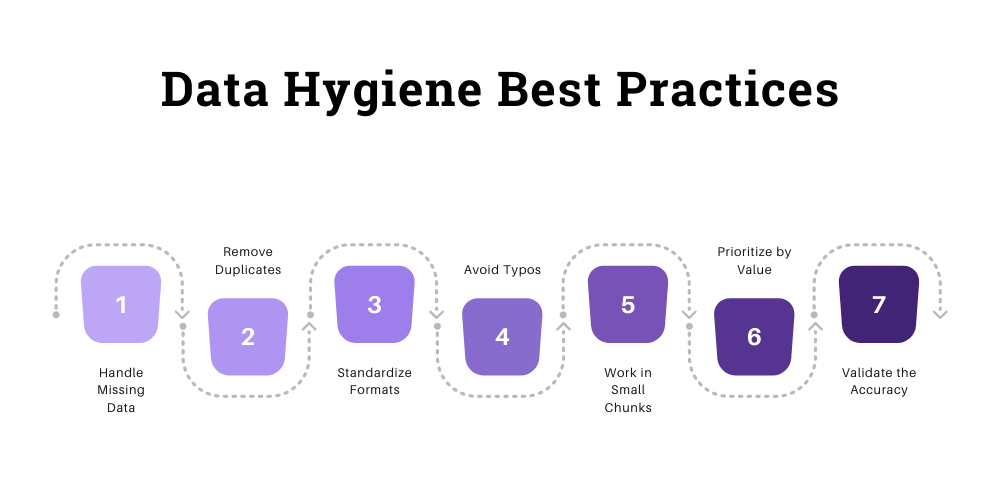
Source: soleadify
When looking for good B2B data providers, ask them about how they keep their data clean. If they dodge the question, it's a warning sign. Make sure to ask:
- How do you make sure your data is accurate?
- How often do you update your contact info?
- Do you follow privacy rules like GDPR or CCPA?
- How do you get rid of old or wrong data?
- Can you guarantee your data is good quality?
These questions help you understand if they take important steps to keep their data reliable and secure.
What Are The Advantages Of Purchasing B2B Email Database?
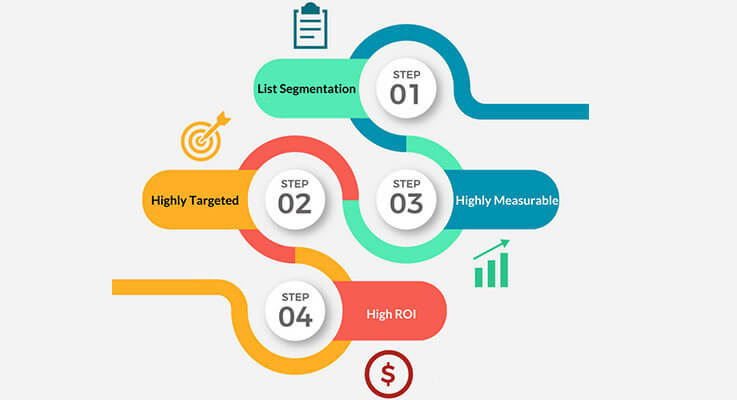
Investing in an email list offers various advantages, providing ready-to-use email data and saving valuable research time. It significantly benefits by offering details of potential untapped clients.
According to HubSpot, 64% of B2B marketers find email marketing the most effective strategy to meet business goals.
To delve deeper into this, explore some of the specific advantages of purchasing an email list.
- Instant Contact Delivery You can instantly access a multitude of contacts upon purchasing an email list, eliminating the need to wait for new prospects to join or sign up on your website. With the list in hand, you can promptly send cold or welcome emails, swiftly delivering your messages and showcasing your product or service offers. This immediate access streamlines your outreach efforts for effective communication.
- Time-Saver Creating an organic email list demands considerable time and effort—capturing potential subscribers, persuading them to opt in, and retaining them is a prolonged process. Conversely, purchasing an email list allows you to bypass this time-consuming journey. With a ready list, you can promptly connect with potential clients, initiating business conversations almost instantly and accelerating your overall outreach efforts.
- Access to Untapped Markets Acquiring an email list can unveil new markets that were previously undiscovered or not under consideration. This allows for a seamless expansion of your potential client base, introducing opportunities from unexplored avenues.
- Reduced Reliance on Current Clients Expanding your business's reach becomes crucial when your client base is limited. Purchasing an email list facilitates connections with new potential customers, lessening your dependence on existing clients for revenue and growth. A more extensive list increases the potential for converting a larger volume of leads into valued customers.
- More Cost Effective You might be curious about the cost of buying an email list. While the upfront expense varies based on the industry and the quantity of emails, it often proves cost-effective compared to the time and resources required for organic list development. Despite the initial investment, many businesses deem it cost-effective when factoring in the saved time and resources.
- Data Ownership Acquiring a lead list comes with the advantage of ownership, providing businesses the flexibility to utilize the list repeatedly for various marketing endeavors. Once the list is purchased, it becomes a valuable asset owned by the business, allowing for continuous and strategic engagement with the identified leads.
Looking To Buy A B2B Email List?
Careful consideration is paramount when contemplating the purchase of an email list. It's crucial to weigh potential benefits against pitfalls, acknowledging the quick access to potential leads but also recognizing associated risks, including legal implications and damage to brand reputation. If opting for this route, adhere to suggested steps to optimize your strategy and mitigate risks.
As a trusted data provider with over a decade of industry experience, AverickMedia comprehends the intricacies of crafting email lists and the associated risks. Recognized by over 2500+ companies, we diligently adhere to industry best practices. Contact our team now for a meticulously curated B2B data list tailored to enhance your campaign.
